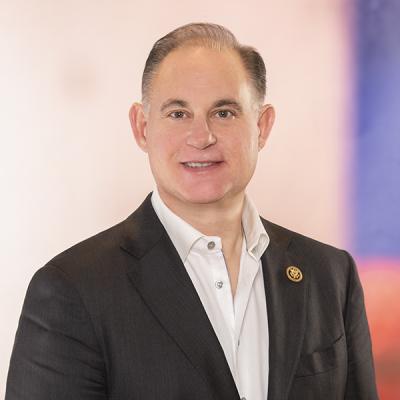House Republicans Reverse Course on Earmarks, Congressionally Directed Spending is Back
Since the Democrats reclaimed control of the House of Representatives in 2018, barrels of ink have been spilled on the topic of “congressionally-directed spending”. Better known as earmarks, this funding mechanism allows Members of Congress to send money directly to projects identified in their districts, largely bypassing the federal bureaucracy and its protracted grant application process. For more than a decade, the Congress has banned the practice of including congressionally-directed funding in spending bills. Now, Democrats in control of both chambers and the White House are poised to bring earmarks back. On March 17th, House Republicans voted to reverse the GOP Conference’s ten year-old ban on congressionally directed spending, paving the way for Members from both parties to make requests in upcoming spending and infrastructure bills.
Two distinct varieties of earmarks have emerged in the current Congress, and the process for submitting requests is now taking shape.
Infrastructure
Last week, House Transportation & Infrastructure Committee Chairman Peter DeFazio (D-Ore.) distributed a letter to his House colleagues regarding his plan for a surface transportation authorization bill expected to move this spring. Though the formal process to submit project requests is slated to be announced later in March, the letter encourages Members of Congress to begin gathering information from around their districts. It also lays out key elements of project submissions to be considered in a highway bill or broader infrastructure package, including:
- Documented inclusion on the state transportation improvement program (STIP) and the metropolitan transportation improvement program (TIP), if applicable,
- Sources of funding for the project beyond what is requested,
- Letter of support from state department of transportation, or local government, transit agency, or non-federal sponsor, and
- Public comment process.
Community Project Funding
Also last week, House Appropriations Committee Chair Rosa DeLauro (D-Conn.) announced the Committee would accept requests for Community Project Funding. This followed up on a February memo outlining the requirements for earmark requests in FY22 appropriations bills. Beginning March 29th, the House Appropriations Committee database will be open for Members of Congress to submit Community Project Funding requests. The window will close in mid-April, with different dates and requirements for each Appropriations Subcommittee. While additional guidance from the Subcommittees is forthcoming, we know the basic and critical elements of the process, including:
- Members will be limited to ten project requests total across all Subcommittees and not all will be granted,
- Requests will need to demonstrate strong community support,
- Requests will be posted online for public review,
- Only public entities and non-profit 501(c)(3) organizations will be eligible – funding will not be directed to for-profit companies, and
- Existing requirements for state or local matching funds will not be waived.
Both earmark processes are going to have quick turnaround timelines. Members of Congress are already contacting local leaders to understand priorities in the district. Competition for funding will be fierce and not every project on Members’ wish lists will be funded. Engagement at the local, state, and federal level is crucial.
Members and applicants are going to require education and guidance from those who know how the process has worked in the past since the vast majority of Members of the House took office after the earmark ban was implemented. Moreover, many state and local leaders have not had the benefit of congressionally directed spending during their careers in public service. The ML Strategies team, which includes former state and federal legislators, executive officials, and staff, is prepared to help local governments and non-profits effectively advocate for their funding needs.


